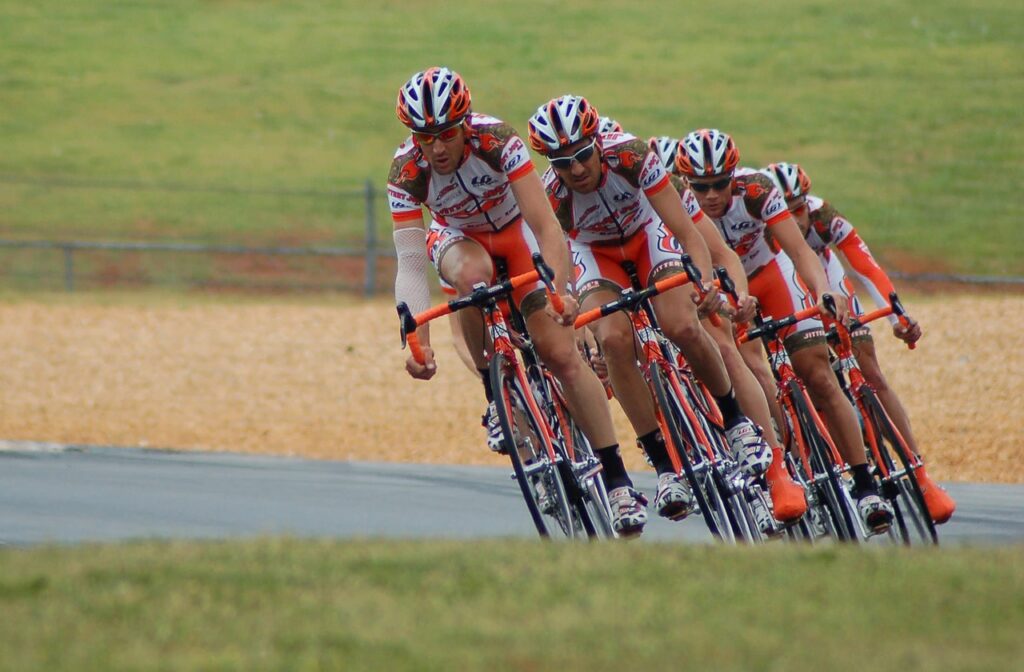I’m Ryan and I’m an alcoholic. Let me preface this by stating that everyone’s recovery is unique, their own. Different tactics and coping mechanisms work better/worse for different individuals. Recovery is not “one size fits all”. For me, the most important thing so far in early recovery is meetings. It started at inpatient treatment. Due to COVID, we watched a lot of video lectures. While the information given was crucial knowledge to put in our toolboxes, the presentation was boring as hell to me. Once we broke into smaller groups and actually talked to each other and the counselors, that’s when the meat of the program became evident to me. Sharing our strength, experience and hope with each other. Talking about all those feelings that were suddenly front and center in our minds. Having a counselor guide us through what was happening with our minds and bodies and hearts. For me, that was when I was most engaged in the process.
I went to a few meetings before going to treatment, and I was uncomfortable, bored, and disengaged. Of course, I was still drinking and really had no idea what everyone was talking about. There were a lot of things said, that I now recognize, that were pulled from some form of treatment program. Once in treatment, there was a lot of talk about 90 meetings in 90 days. That idea was ludicrous to me, how did people carry on a normal life when every evening was spent at a meeting? But I talked to everyone I could in my group who was back for a second, third, tenth time and when I asked them what happened, the common answer was “I quit going to meetings and quit working the program”. The light bulb in my head was getting brighter….
I was fortunate enough to have a temporary sponsor before going to treatment, a family friend who was also in recovery. By the time I got home, he had a meeting lined up for me for every day of the week, in person (I hate virtual meetings). By this time I was committed to any option to maintain my sobriety so I went with it. Lo and behold, now that I had more knowledge and education on addiction and some experience with how meetings worked, things started to make sense. I was able to listen to other people’s thoughts and feelings and share my own. This mutual vulnerability made it easier to get through one day at a time. Understanding that there are others out there in a similar situation who can relate to what I’m going through was critical for my recovery. I went to an AA or NA meeting every day for the first couple months after treatment (didn’t make 90/90, but that wasn’t my intention to begin with) and still go to 5-7 meetings every week. I got involved in the service side of it, chairing meetings, taking secretary or treasurer or greeter positions. I’ve met some awesome people and made some good friends because of it. My family is very supportive and they know that Dad’s going to be gone for a couple hours every night, and they know I’m doing it to get better.
Throughout the months I have realized that my best coping mechanism is meetings and small group discussions, interacting with others who share a common malady, addiction. My thoughts on meetings have come full circle since my first meeting last fall prior to treatment. I look forward to them now, seeing my new friends and sharing all our experience, strength and hope. And like most of those corny sayings from treatment, this one has proven itself true for me: Meeting Makers Make It.

